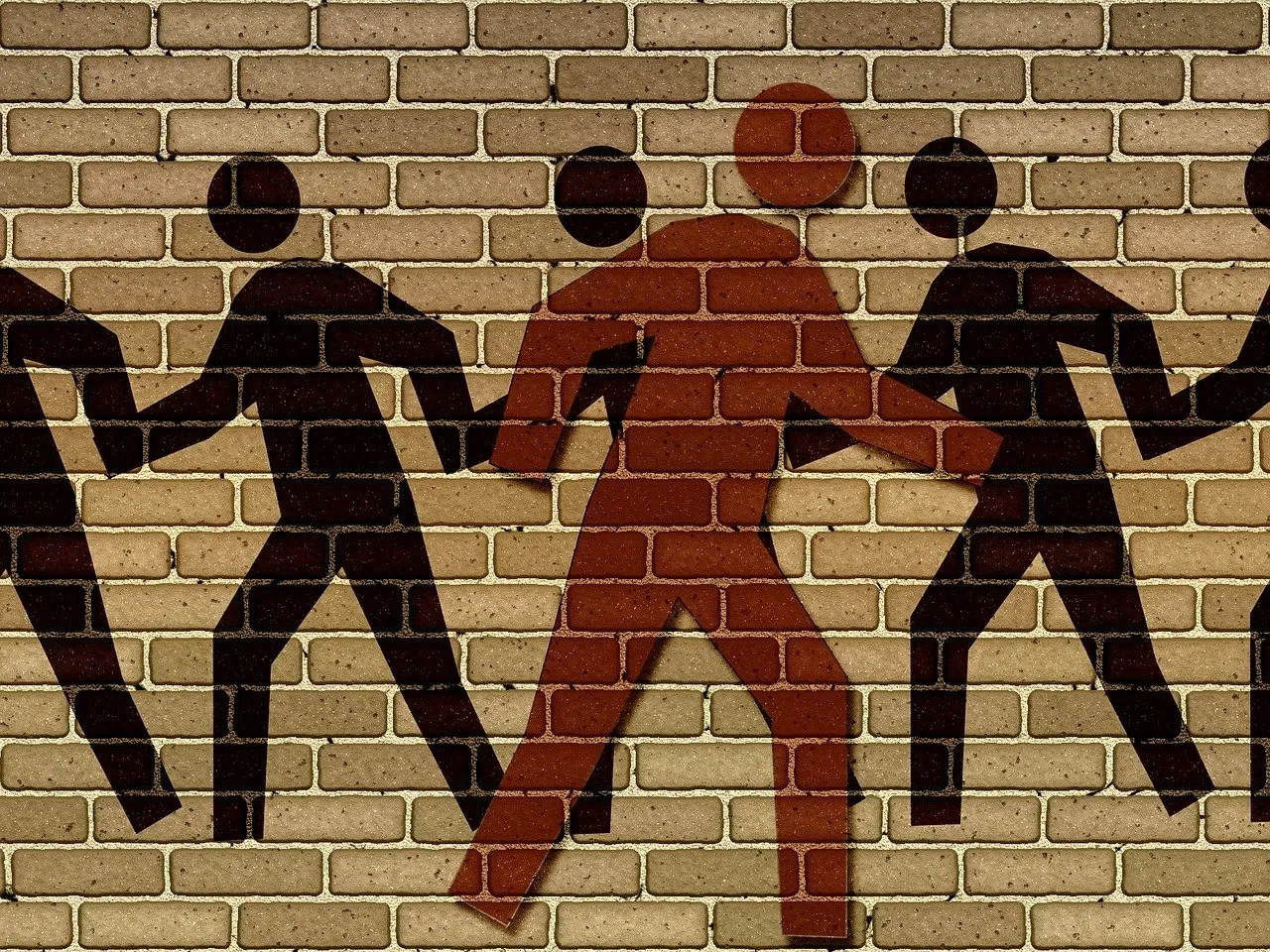Effects of the group on the individual
Effect of mere presence and social facilitation : the theory of mere presence maintains that the presence of others gives us energy. The theory of social facilitation explains that people perform a task better in the presence of others than alone. Other researchers believe however that we develop a better task in group by apprehension to be evaluated by others. Others even think that performance may be less in a group since we are faced with the dilemma of paying attention to the task or to the other individuals ( theory of distraction ).

In a group we can be tempted to reduce our contribution if we are not going to be directly responsible for our performance and others work in the same task ( theory of social laziness ). Similarly, the opposite effect may occur, called social compensation . The theory of collective effect explains that the motivation of the participants depends on whether they think their effort will be identified, whether the individual effort will make a difference for the group to achieve success and whether the result of the effort will be positive.
Finally, group cohesion , that is, team spirit and solidarity among group members, influences the performance of group tasks. Groups with high cohesion obtain better results than less cohesive groups.